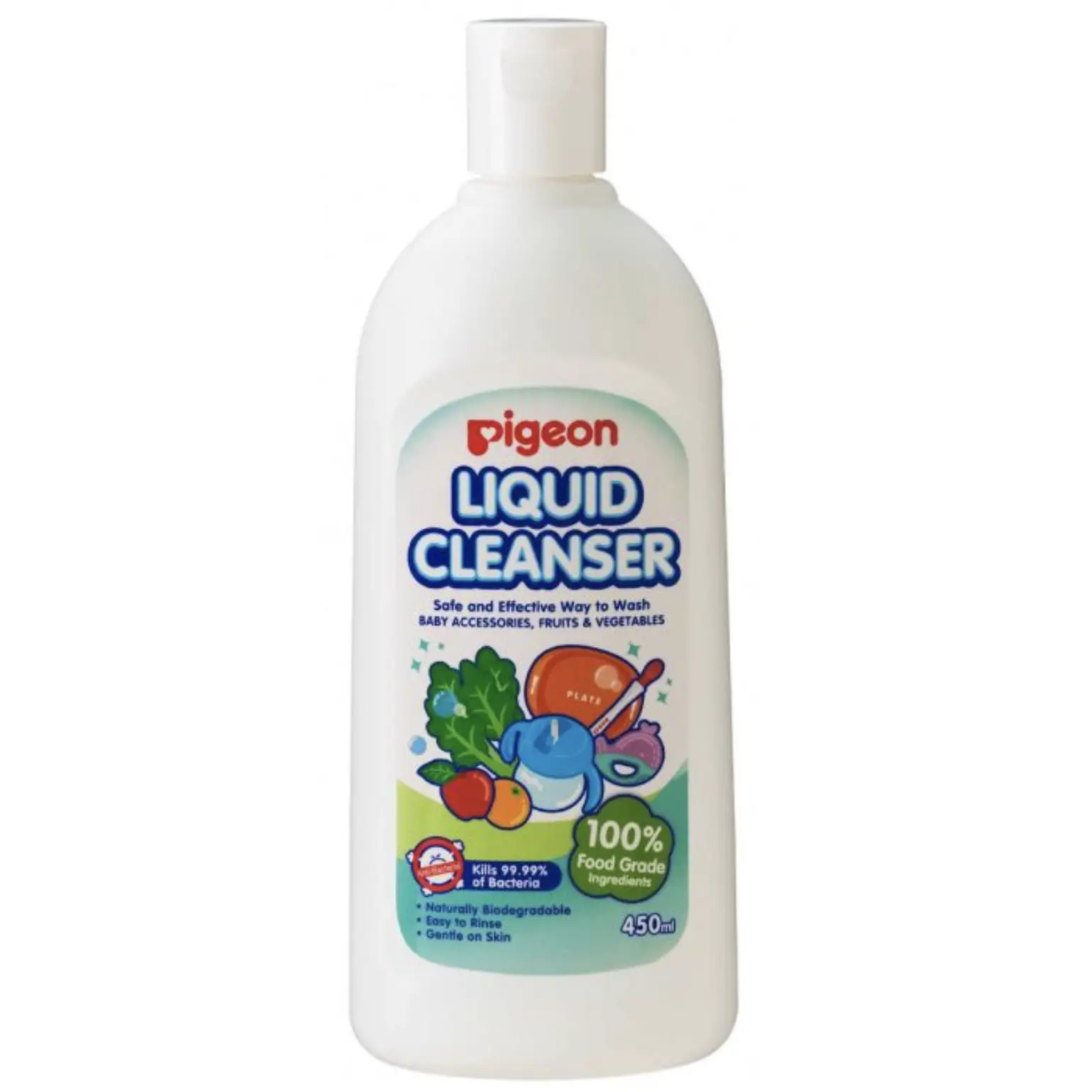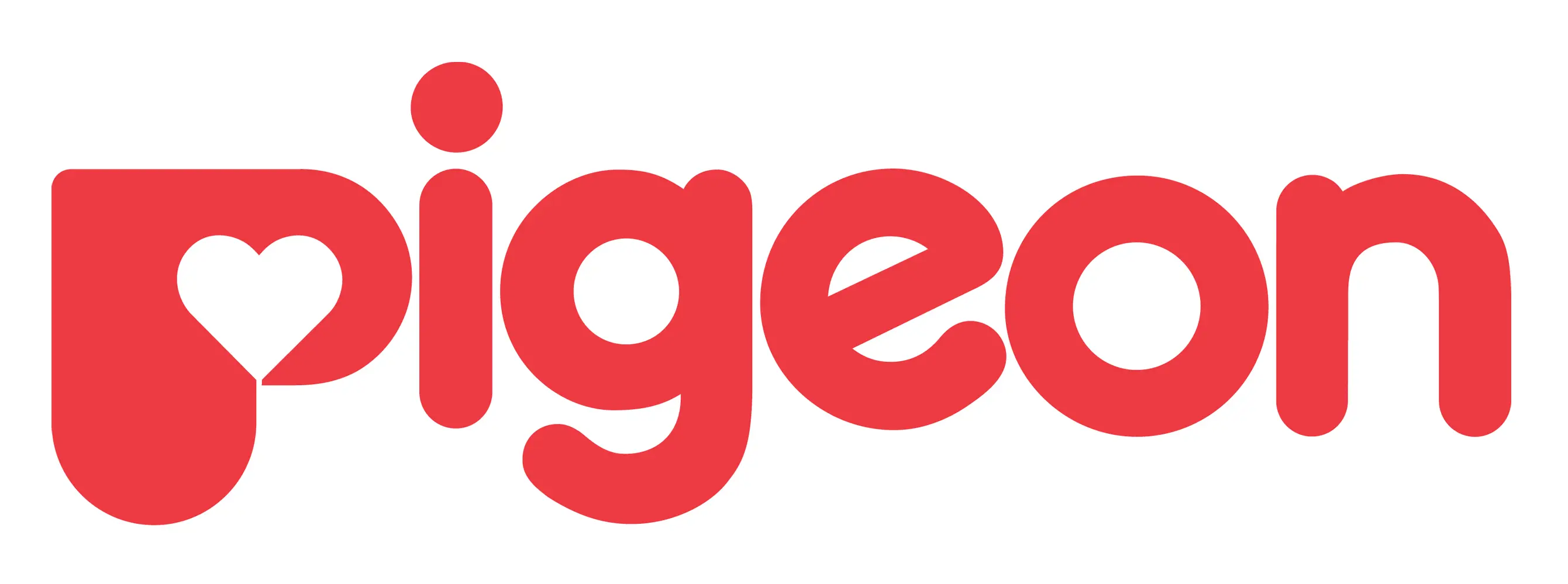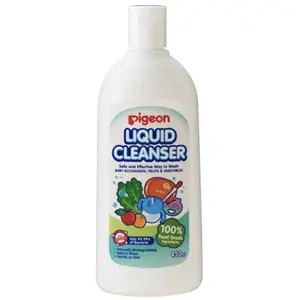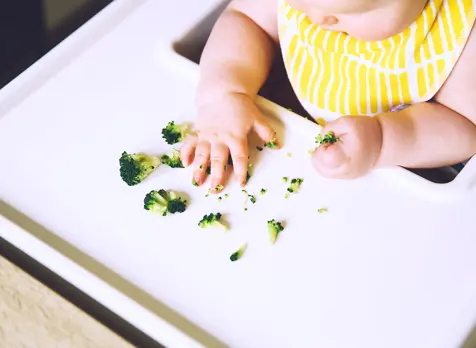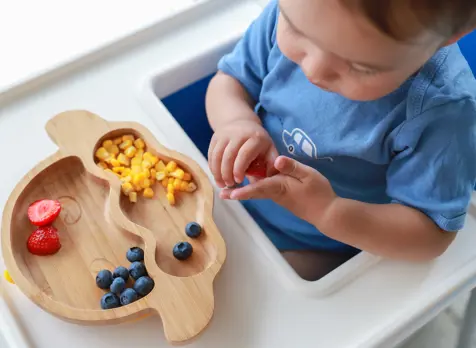Preparing food for your baby
When preparing foods, always makes sure you protect your baby and family from infections. Always wash your hands before you begin food preparation and use different coloured boards for chopping meats, fruits and vegetables.
If you’re using a microwave oven to heat your baby’s food, always stir food thoroughly before serving, and check the temperature.
Managing the mess
Learning to eat can be a messy process! Try to be patient, though this can be difficult at times.
One way to manage this process is to give your baby a spoon to hold during feeding even though they will not be competent using the spoon until they are about 18 months.
What about allergic reactions?
If you are concerned your baby has had an allergic reaction to a particular food, call 000 immediately. Some allergies can be life threatening and can include breathing problems, wheezing, swelling of lips or throat, a severe red rash, diarrhoea or vomiting.
The most common food allergies for babies tend to be cow’s milk, eggs, soybeans, peanuts including cashews, almonds and brazil nuts, wheat, fish or shellfish.
Some babies have a food intolerance, which is different to a food allergy as it is generally a less severe reaction and is not caused by the immune system. Common food intolerances include dairy products, lactose, strawberries, tomatoes and citrus fruits.
Keeping your baby safe
- Choking is always a concern for parents when their baby starts eating chopped or finger foods. Great care needs to be taken when offering some foods especially those with bones or raw, crunchy fruits and vegetables.
- When buying fish, choose fillets that do not have bones and double check there really are no bones.
- Ensure your baby is seated when eating in a high chair or baby chair and use the safety harness.
- You or another adult should always be present and actively supervising when your baby is eating to encourage social interaction and avoid choking accidents.
- Avoid raw egg and honey due to the risk of bacteria





































